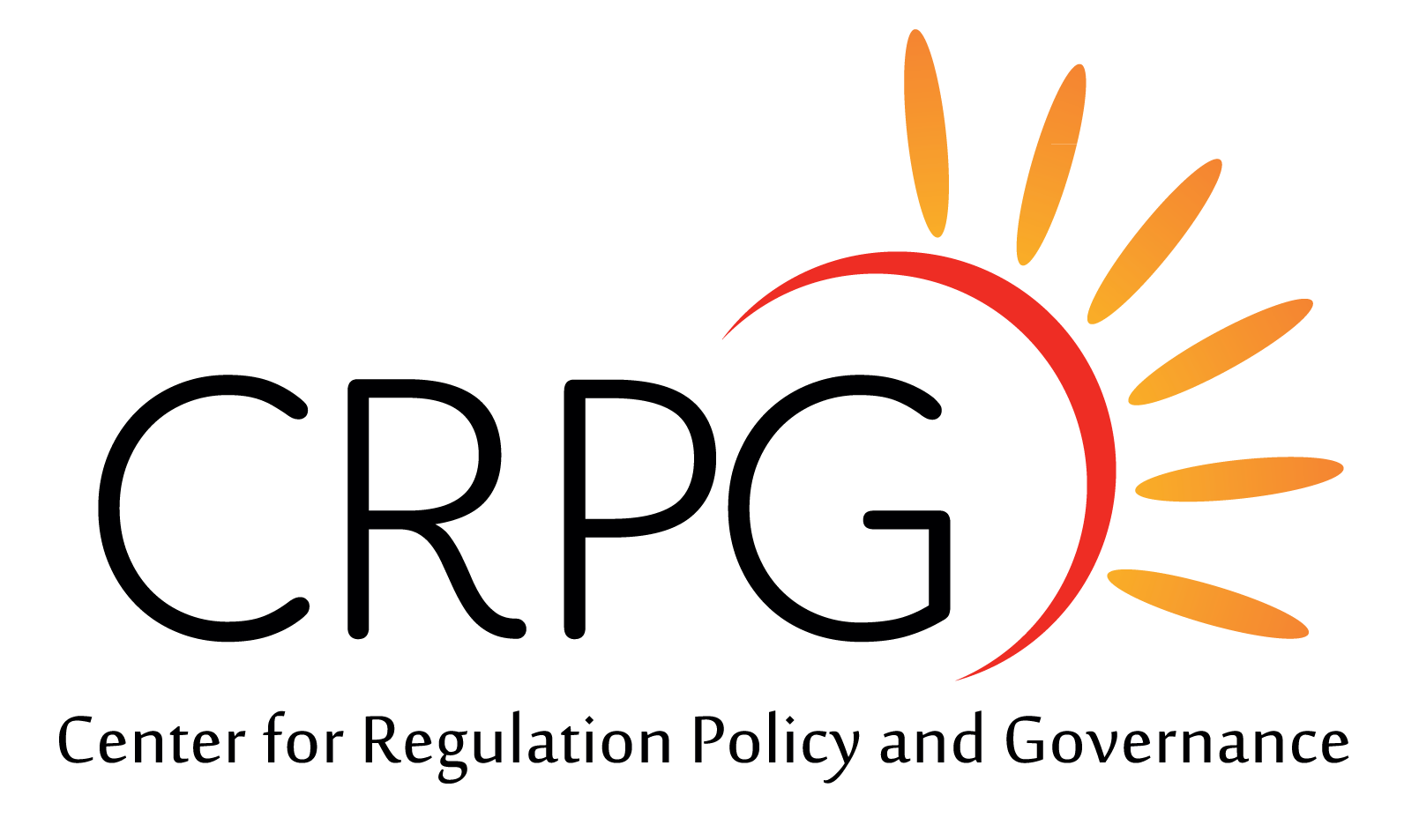Program
Open Government Peer to Peer Learning Program for Asia Pacific.
Since founded by 8 countries (Brazil, Indonesia, Mexico, Norway, the Philippines, South Africa, the United Kingdom and the United States) in 2011, the OGP now has 75 member countries including 75 subnational governments and has produced over than 2,500 commitments towards open government. Several multilateral organizations such as the World Bank Group, the Asian Development Bank and the OECD have formalized their partnership with the OGP.
Eleven countries in the Asia Pacific region are members of the OGP: Afghanistan, South Korea, Philipines, Armenia, Georgia, Indonesia, Jordan, Mongolia, Pakistan, Papua New Guinea and Srilanka. Some are in the process of developing their national action plans and some are currently in the process of implementing it.
The demands toward openness in the Asia Pacific region comes parallel with its economic growth. As Asia Pacific countries are heading towards stronger economies, there is a stronger demand for more efficient, transparent and accountable institutions. Through the action plans, the OGP facilitates Asia Pacific countries in building stronger institutions necessary for their economic development. However, countries can only join the OGP if they satisfy the “eligibility criteria” which includes budget transparency, access to information, income and assets disclosure as well as citizen engagement. Thus, countries interested in joining OGP must improve their eligibility score. The Open Government Partnership rests on the “theory of change” which consist of three elements essential for realizing open government reforms: high-level political commitment, empowering government reformers and supporting effective engagement by civil societies, all as part of each countries’ OGP cycle from action plan development to implementation and evaluation.
This project reinforce OGP’s theory of change by bringing government reformers and civil society activists from Afghanistan, South Korea, Philipines, Armenia, Georgia, Indonesia, Jordan, Mongolia, Pakistan, Papua New Guinea and Srilanka together through a series of program designed to enable these open government actors to learn from the successes and failures in conducting reforms from their peers.
Actors from non-OGP countries in the Asia Pacific, such as CSOs in Nepal and China who have expressed their interest in joining the OGP learning community will also benefit from the program by understanding how countries can conduct reform process which improves their eligibility score in order to join the OGP.
The goal of this program is to enhance the capacity of government reformers and civil society activists in both member and non-OGP member countries in Asia Pacific through peer to peer learning exchange.
In order to realize such goals, CRPG will organize a series of peer to peer learning events:
Peer to peer learning workshop on Open Budgeting and Open Contracting, in Jakarta, 13 December 2017 and breakout session 2 of the Asia Pacific Leaders Forum (APLF) : “Rebuilding Trust in Government”, Jakarta, 14 December 2017 [See event page]
Access to Information Workshop (in collaboration with the OGP Support Unit)
Multi-Stakeholder Forum on Open Government
The above events are supported by funding from the Ford Foundation and conducted in collaboration with civil societies, the Open Government Partnership Support Unit and the Indonesian Ministry of Planning (Bappenas).
If you or your organization are concerned with Open Government topics and would like to participate, please contact our program officer Mr. Muhammad Maulana [maulkhan(at)gmail(dot)com]
